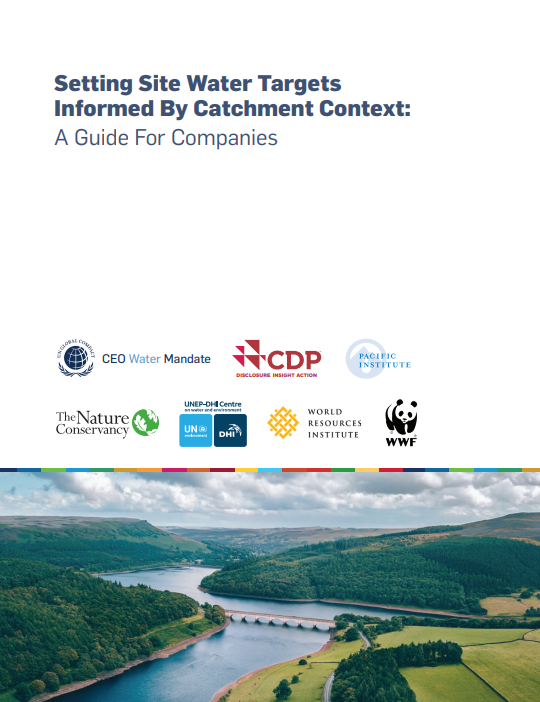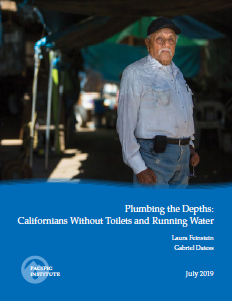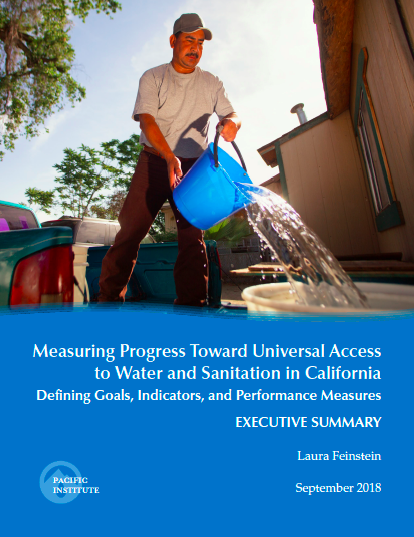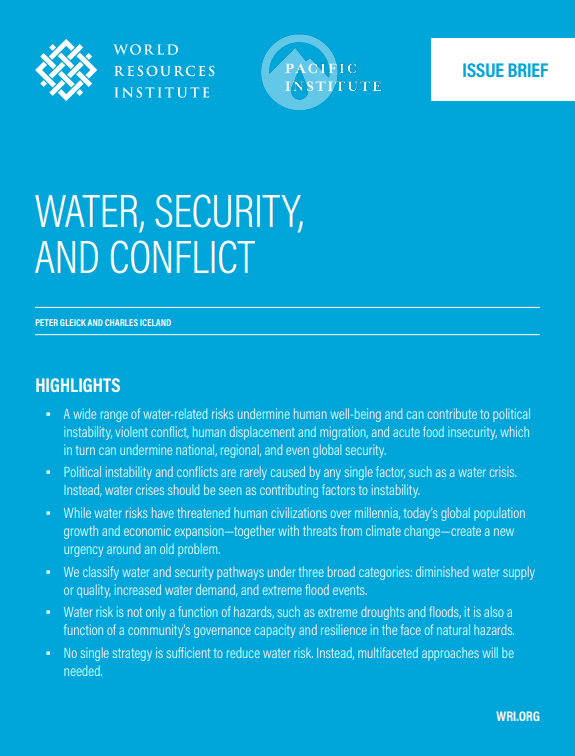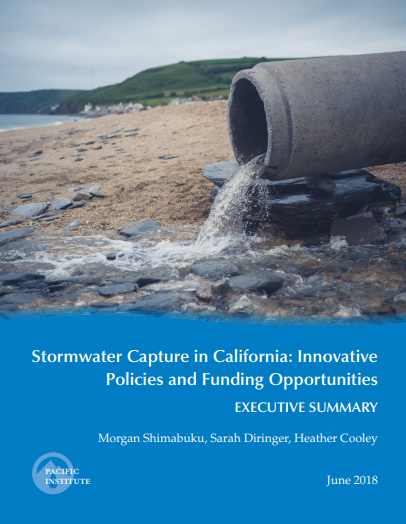1071 Resources
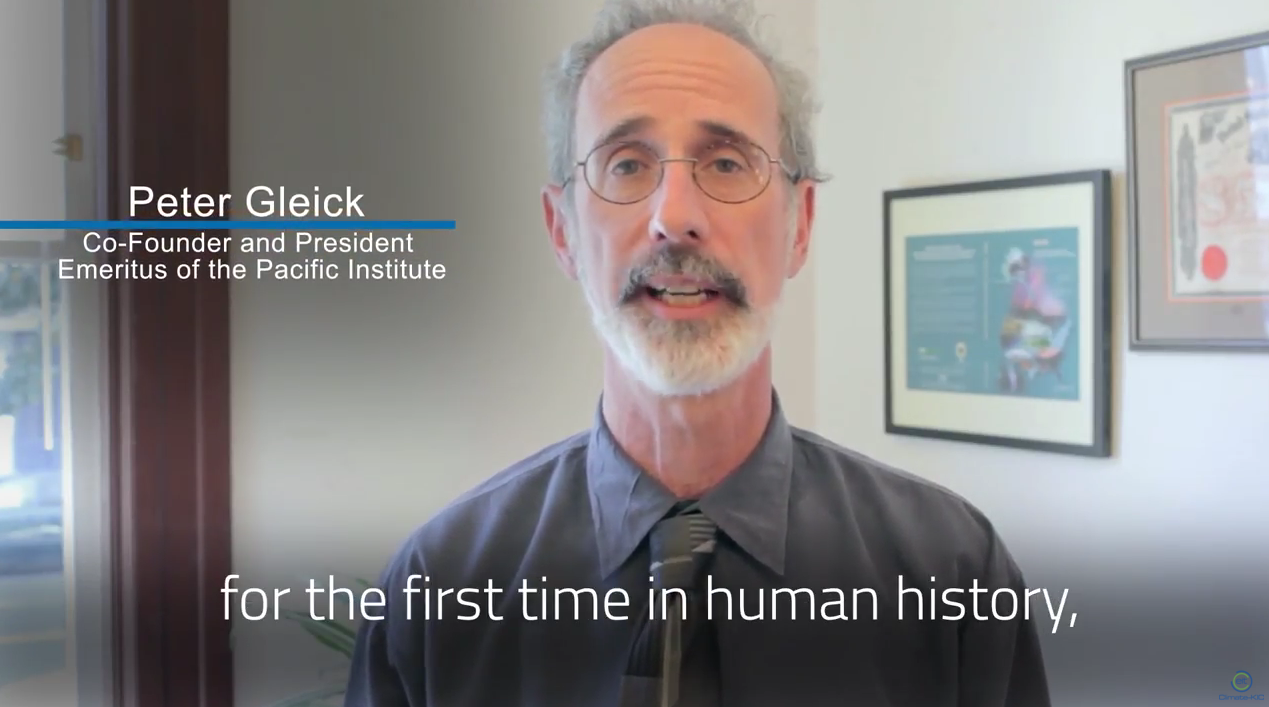
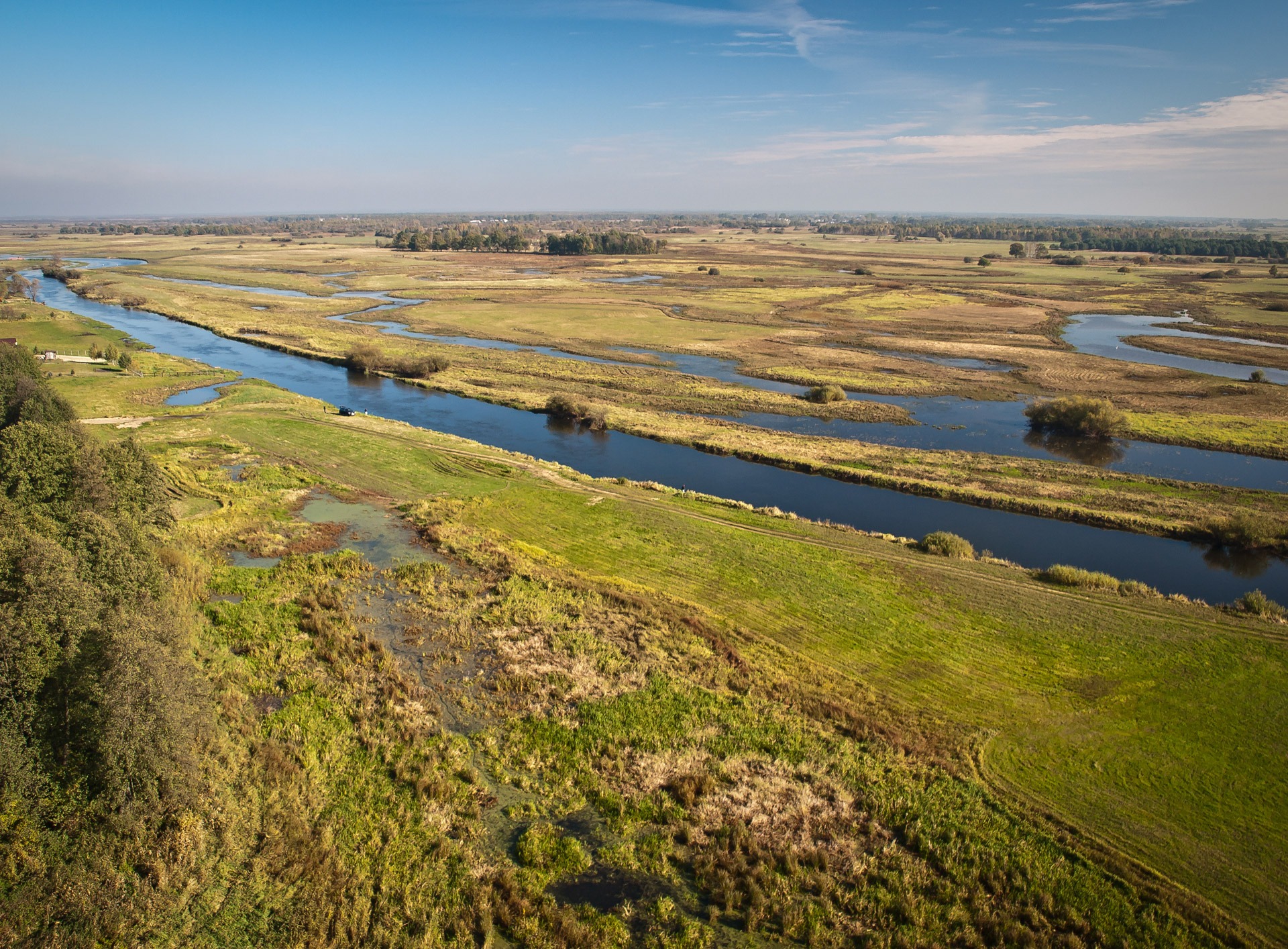
Watershed Context & Water Stewardship Goals: Why Thinking Local is Critical to Hedging Global Corporate Water Risk
October 10, 2017 | post
What do the drinking water crisis in Flint, Michigan, destructive monsoon flooding in Mumbai, India, Hurricane Harvey’s devastating storm surges in Texas, the recent five-year California drought, and the hypoxic dead zone in the Gulf of Mexico all have in common?

Comment Letter on State Water Board Proposed Low-Income Rate Assistance Program
August 28, 2017 | publication
This comment letter to the California State Water Resources Control Board (Water Board) was sent in response to the proposed Low Income Rate Assistance (LIRA) program implementation scenarios prepared pursuant to AB 401 (Dodd, 2015).

How Your Business Can Play a Role in Ending the Global Water and Sanitation Crisis
August 23, 2017 | post
No one need explain the true value of water to 54-year-old Elizabeth and her family in Port Moresby, Papua New Guinea. She spends more than half her meagre salary on buying drinking water from a local water vendor, as she knows the water from the nearby lake could make her unwell, unproductive and unable to provide for her family.
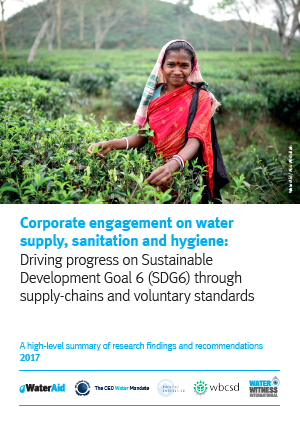
Corporate Engagement on Water Supply, Sanitation and Hygiene: Driving Progress on Sustainable Development Goal 6 (SDG6)
August 21, 2017 | publication
This report recognizes the need for successful corporate water stewardship to encompass sustainable access to water, sanitation, and hygiene (WASH) for workers in company supply chains, and offers steps for companies to take to help end the global water and sanitation crisis.

Make Public Drinking Water Fountains Great Again
June 26, 2017 | post
In February of 2017, the Pacific Institute released a white paper entitled Drinking Fountains and Public Health: Improving National Infrastructure to Rebuild Trust and Ensure Access, which highlighted the limited evidence of a link between illness and disease outbreaks and drinking fountains.


Op-Ed: Why Go for Desal When California has Cheaper Options?
June 14, 2017 | publication
While winter rains have refilled California reservoirs and dumped near-record snow on the mountains, communities across the state are wisely seeking ways reduce their vulnerability to future droughts. One option some are considering is seawater desalination.

Mobile Apps to Quench Your Thirst
June 12, 2017 | post
Public drinking fountains used to be everywhere, providing a reliable source of free, high-quality drinking water outside the home. They are a great alternative to bottled water, with its steep environmental costs and high price (200 to 1,000 times more expensive than tap water or more).

Corporate Water Targets: A New Approach
May 22, 2017 | post
Water risks once again rank as one of the top 10 global risks in the 2016 World Economic Forum’s annual report.
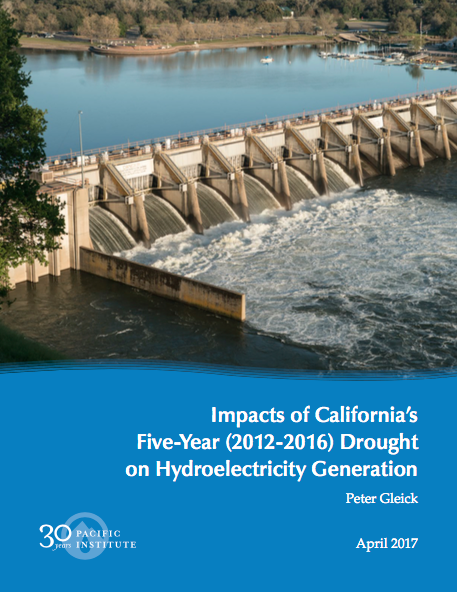
Impacts of California’s Five-Year (2012-2016) Drought on Hydroelectricity Generation
April 26, 2017 | publication
The severe five-year drought afflicting California from 2012 to 2016 was the driest and hottest in the instrumental record. This report is a comprehensive assessment of the costs to California of lost hydroelectricity during the five years of drought.
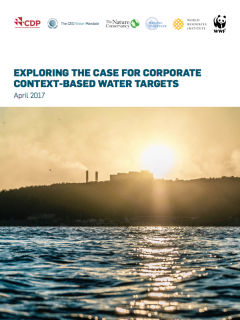
Exploring the Case for Corporate Context-Based Water Targets
April 12, 2017 | publication
As of 2017, more companies than ever before were setting water targets, yet global water stress continued to rise. How can companies ensure that their water targets align with meaningful outcomes? This report calls for a new approach for setting meaningful corporate water targets that take into account the unique local contexts of the basins in which companies operate.

Thirsty for Change? 4 Ways to Improve Corporate Water Targets
April 12, 2017 | post
Water-related business risks are becoming more and more apparent. According to CDP’s 2016 global water report, 607 companies lost $14 billion last year alone due to water scarcity, drought, flood and other water risks.
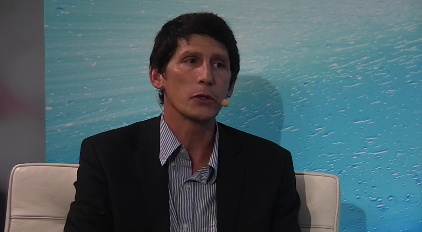
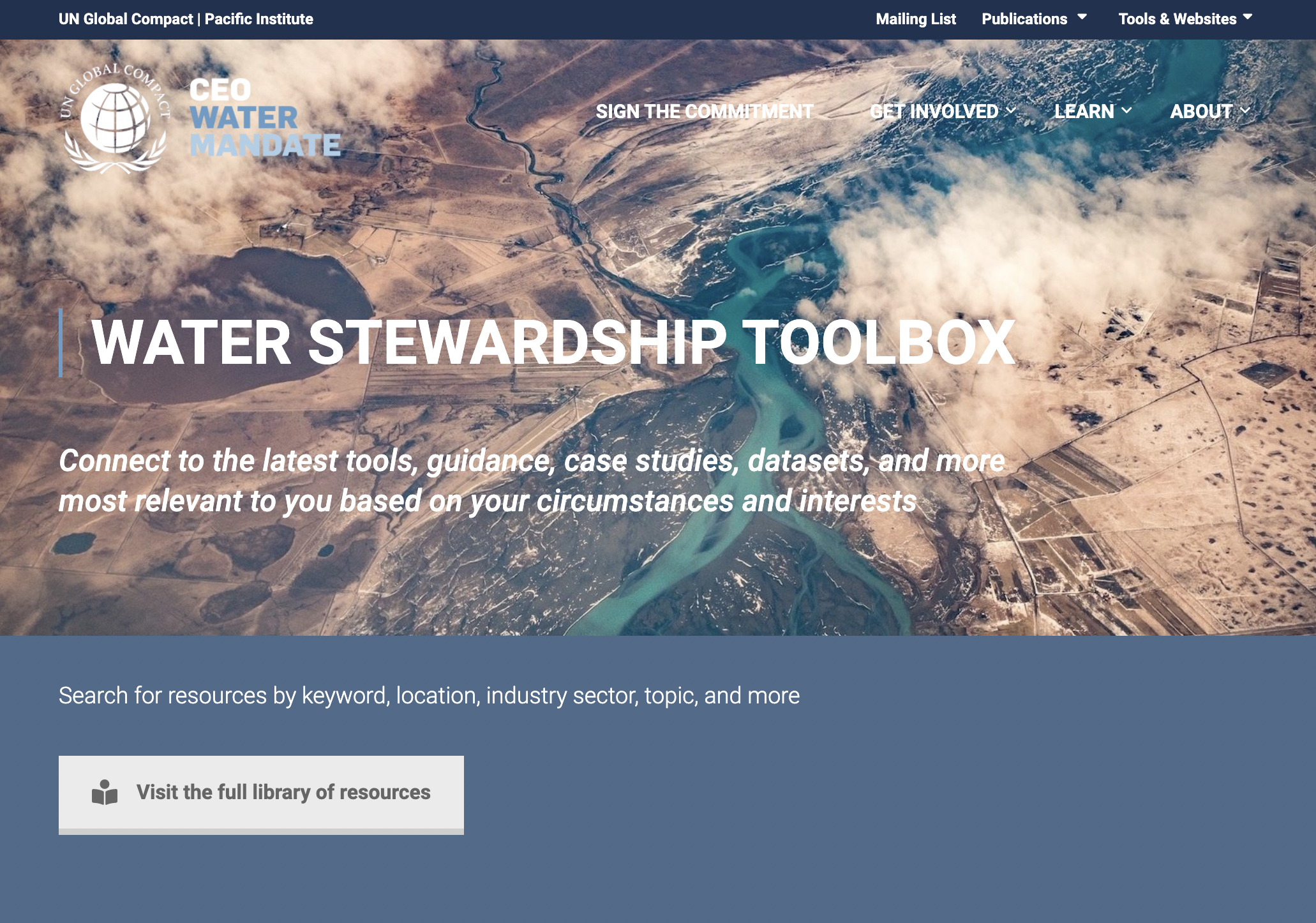
Water Stewardship Toolbox
March 27, 2017 | tools
This toolbox connects businesses to the latest tools, guidance, case studies, datasets, and more. It features more than 250 resources from dozens of organizations and is updated every week.

National Geographic ScienceBlogs: National Water Infrastructure Efforts Must Expand Access to Public Drinking Fountains
March 9, 2017 | post
There is strong bipartisan support for expanding investment in the nation’s water infrastructure as part of a broader infrastructure effort. But there is, as yet, little agreement about what specific investments should be made.
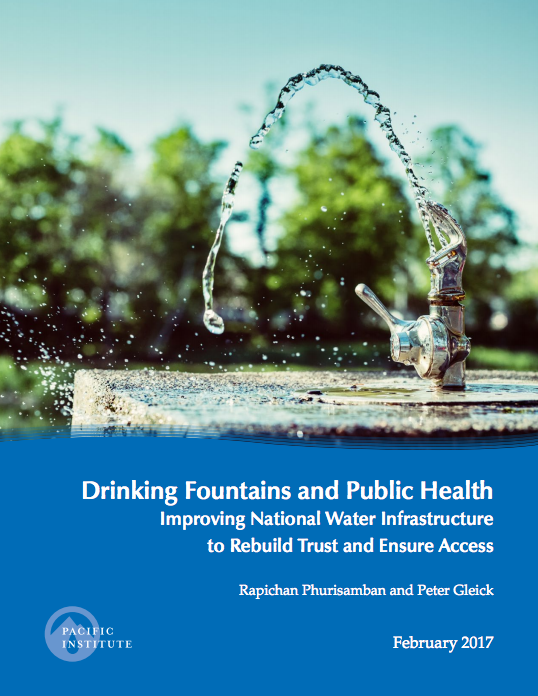
Drinking Fountains and Public Health: Improving National Water Infrastructure to Rebuild Trust and Ensure Access
February 27, 2017 | publication
Concerns over drinking water quality and possible disease transmission, as well as widely-publicized water contamination incidents, have contributed to a decline in the number of publicly available water fountains.
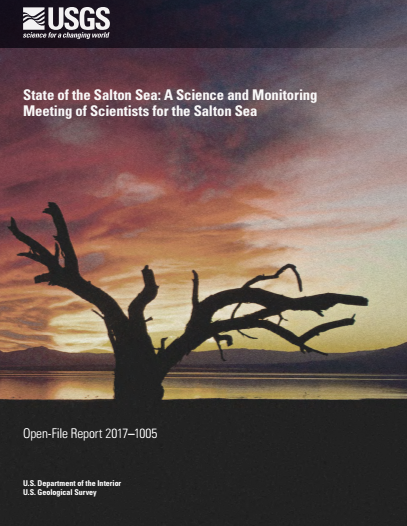
State of the Salton Sea – A Science and Monitoring Meeting of Scientists for the Salton Sea
January 30, 2017 | publication
California’s Salton Sea is an ecosystem facing large systemic changes in the near future.
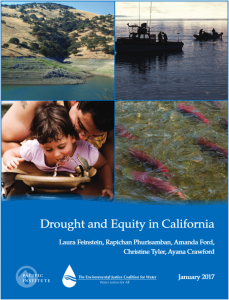
Drought and Equity in California
January 13, 2017 | publication
California’s climate is prone to prolonged periods of drought that are exacerbated by the effects of climate change.

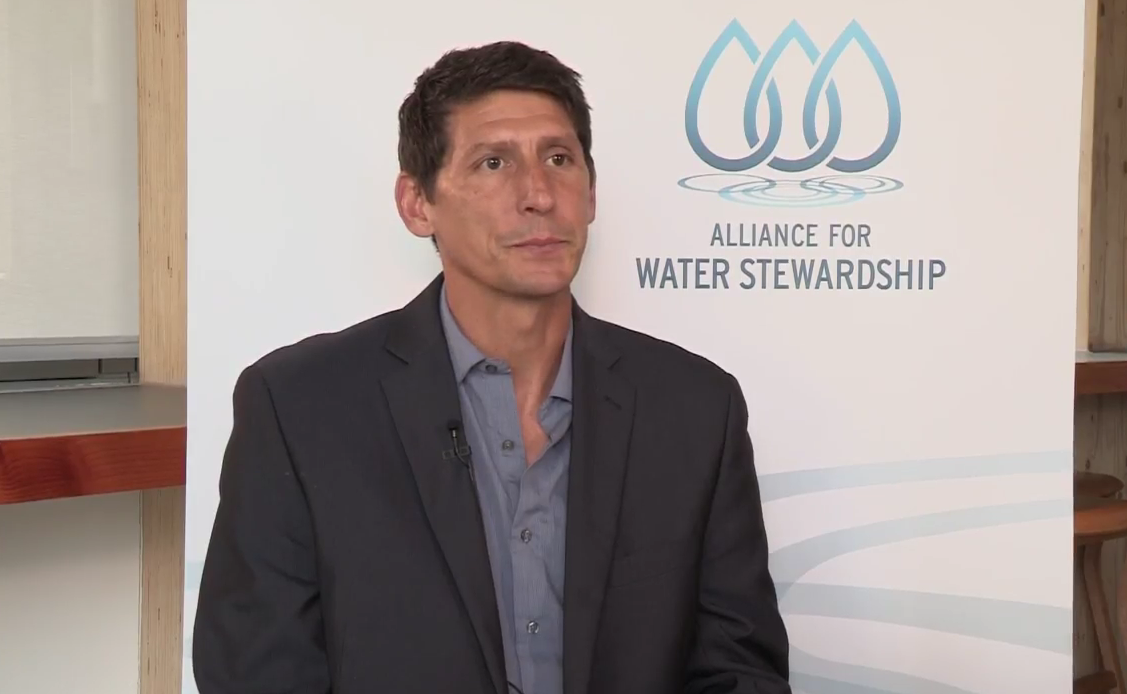

National Geographic ScienceBlogs: From Scientists to Policymakers: Communicating on Climate, Scientific Integrity, and More
December 5, 2016 | post
Among the different professional categories, scientists and engineers remain very highly respected by the public, at least compared to politicians, business leaders, the media, and even religious authorities.

Water Strategies for the Next Administration: New Major U.S. Water Policy Recommendations
November 6, 2016 | publication
This document identifies major water-related challenges facing the United States and offers explicit recommendations for strategies the next administration and Congress should pursue, domestically and internationally.
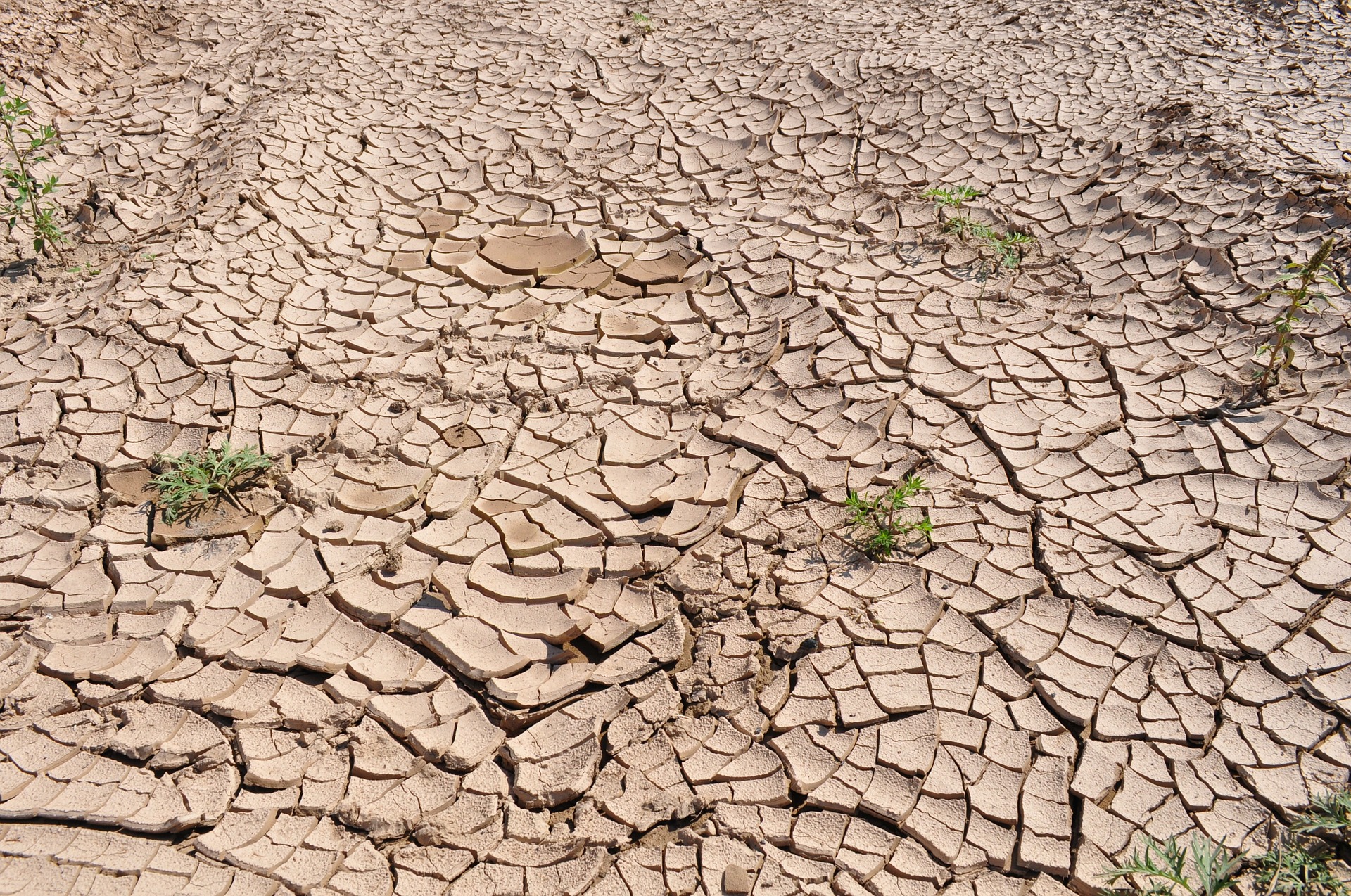
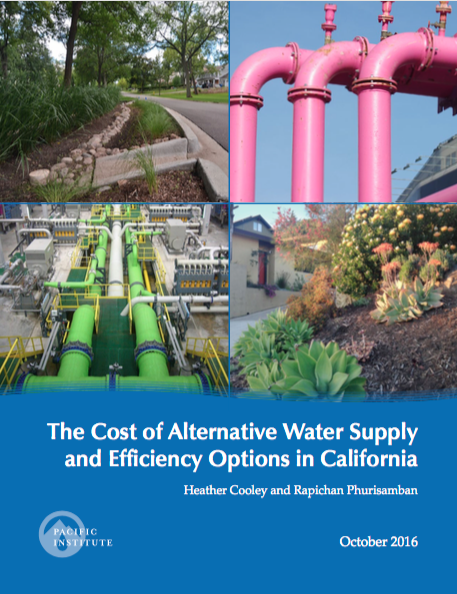
The Cost of Alternative Water Supply and Efficiency Options in California
October 12, 2016 | publication
This report is the first comparative analysis of water supply and demand management strategies for localities in the State of California.
Page 22 of 43



